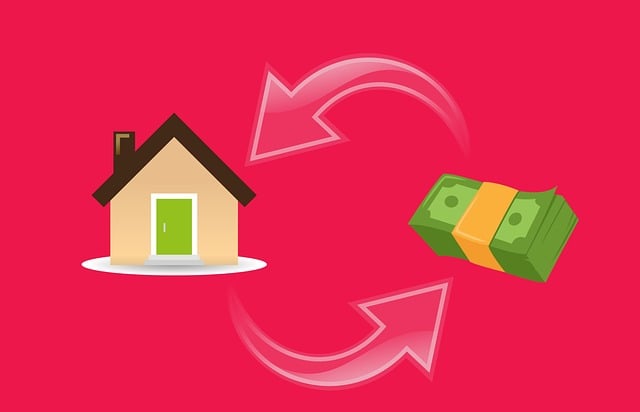Home equity loans have become a popular financial tool for homeowners looking to tap into the value of their homes. While these loans offer opportunities for financial flexibility, it’s crucial to understand both the advantages and disadvantages before considering this option.
Table of Contents
ToggleAdvantages of Home Equity Loans
Access to Cash
One of the primary benefits of home equity loans is the ability to access a substantial amount of cash. This can be particularly useful for major expenses such as home improvements, education, or debt consolidation.
Lower Interest Rates
Home equity loans typically come with lower interest rates compared to other forms of consumer debt, such as credit cards or personal loans. This can result in significant savings over the life of the loan.
Negative Gearing for Investment Property
Tax Deductible Interest
In some cases, the interest paid on a home equity loan may be tax-deductible, making it a financially attractive option for those looking to reduce their tax liability. However, recent tax law changes have limited the deductibility of home equity loan interest, so it’s essential to consult with a tax professional.
Fixed Interest Rates
Many home equity loans offer fixed interest rates, providing borrowers with predictability and stability in their monthly payments.
Versatility in Use
Borrowers have the flexibility to use the funds from a home equity loan for a variety of purposes, including home renovations, debt consolidation, or even investments.
Property Boom Makes Homeowners Rich
Disadvantages of Home Equity Loans
Risk of Losing Your Home
The most significant drawback of a home equity loan is the risk of losing your home if you’re unable to make the required payments. Since the loan is secured by the value of your home, defaulting on payments could lead to foreclosure.
Closing Costs
Home equity loans often come with closing costs, which can include fees for application, appraisal, and legal services. These costs can diminish the financial benefits of the loan, especially for smaller loan amounts.
Variable Interest Rates
While some equity loans offer fixed interest rates, others come with variable rates that can increase over time. This can lead to higher monthly payments, making it important for borrowers to understand the terms of the loan.
Market Fluctuations
The value of your home, which determines the amount of equity you can borrow, is subject to market fluctuations. A decline in property values can limit the amount you can borrow or even lead to negative equity.
Over-Borrowing Risk
The availability of significant funds may tempt borrowers to overextend themselves financially. It’s crucial to borrow only what you can realistically afford to repay to avoid financial strain.
Conclusion
Home equity loans can be a valuable financial tool when used responsibly and with a clear understanding of the associated risks. Prospective borrowers should carefully weigh the advantages and disadvantages, considering their financial situation, goals, and the potential impact on homeownership. Consulting with a financial advisor is advisable to ensure that a loan aligns with their overall financial strategy.



The article posted was very informative and useful. You people are doing a great job. Keep going.
I am really loving the theme/design of your web site. Do you ever run into any browser compatibility problems? A few of my blog readers have complained about my website not working correctly in Explorer but looks great in Chrome. Do you have any tips to help fix this issue?
I am definitely bookmarking this website and sharing it with my acquaintances. You will be getting plenty of visitors to your website from me!